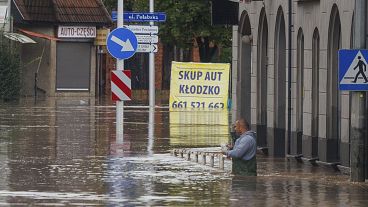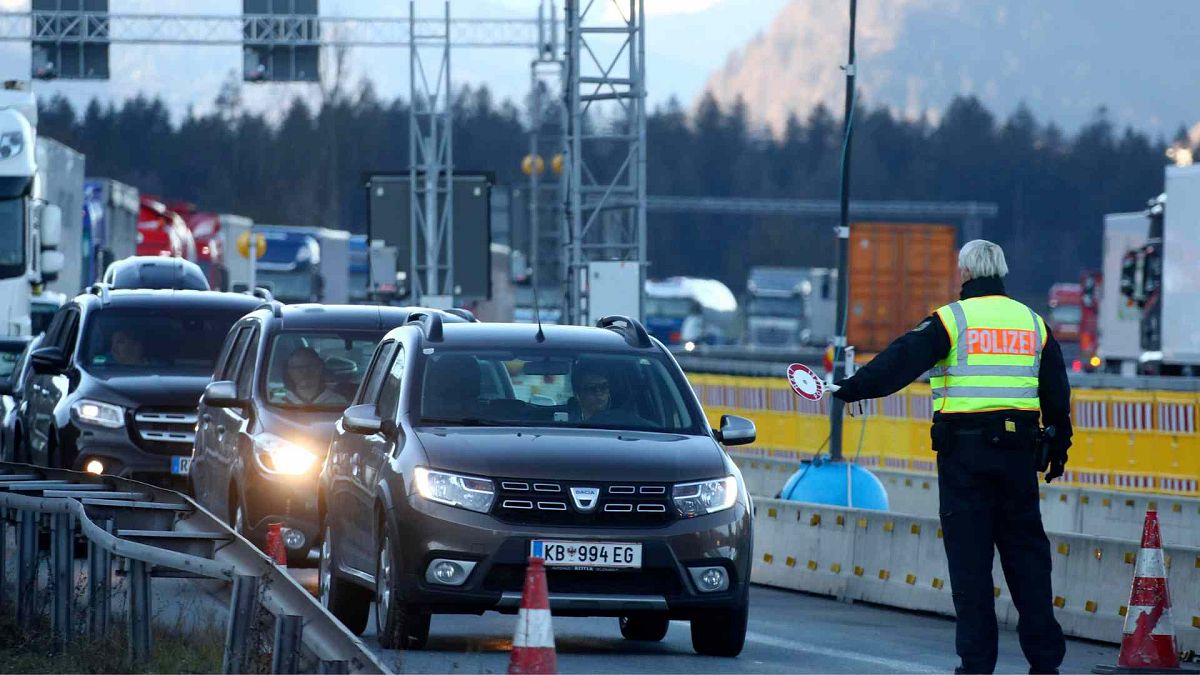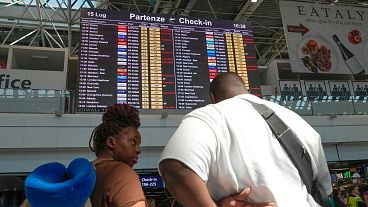More strict checks at land borders will be in place for six months.
Germany has announced that it is tightening checks at its land borders in a bid to control "irregular migration".
The news comes after weeks of public anger following suspected Islamist attacks.
Here's what we know so far about how it will affect travel in and out of Germany.
Why are the new Germany border checks being done?
In late August, three people were killed in a knife attack in the western city of Solingen. The Syrian suspect had been slated for deportation but evaded law enforcement.
The attack, claimed by the Islamic State group, came just a week before key regional elections in eastern Germany and are said to have inflamed the debate on immigration in the country.
Interior Minister Nancy Faeser told a press conference that the new border checks would limit migration and "protect against the acute dangers posed by Islamist terrorism and serious crime".
Europe's Schengen zone allows for passport-free travel between member countries, but member states are allowed to introduce border checks if they feel there is a threat to public policy or internal security.
When will the new checks come into force and how long will they last for?
The checks, which were announced on Monday, will be in force from Monday 16 September.
The measures are in place for varying lengths of time - read on for further details.
What will change for travellers?
While details are still emerging, it's likely that the new border checks will affect anyone arriving into or out of Germany by land.
Traffic jams could build up for drivers if more are stopped at borders.
Bus and train journeys could take longer if transport is stopped to carry out checks.
Deutsche Bahn (DB) is Germany's biggest train operator, running regional train and those crossing borders. It has been best by long and frequent delays, with almost half of long distance trains reported to arriving late in June this year. DB said this was down to extreme weather.
Lengthy border checks may only add to to DB passengers' troubles.
Major train and bus operators such as Deutsche Bahn, European Sleeper and Flixbus have been contacted for comment.
Which countries will be affected by the new checks?
Germany shares land borders with Austria, Belgium, Czech Republic, Denmark, France, Luxembourg, Netherlands, Poland and Switzerland.
Germany already has temporary controls along its border with Austria, which were implemented in 2015 to counter a large influx of migrants and have stayed in place since. These are currently in place until 11 November 2024.
Temporary controls along the borders with Poland, the Czech Republic and Switzerland were also introduced last year as concerns over migration grew again. These are currently in place until 15 December 2024.
The controls will now be extended to Germany's other land borders, with France, Luxembourg, Belgium, the Netherlands and Denmark, the ministry said.
They will initially be in place for six months, meaning they'll cover busy October, Christmas and New Year travel periods.
While Germany has so far said they will be in place for six months, they could of course be extended beyond this time if they are deemed to be serving their purpose.















